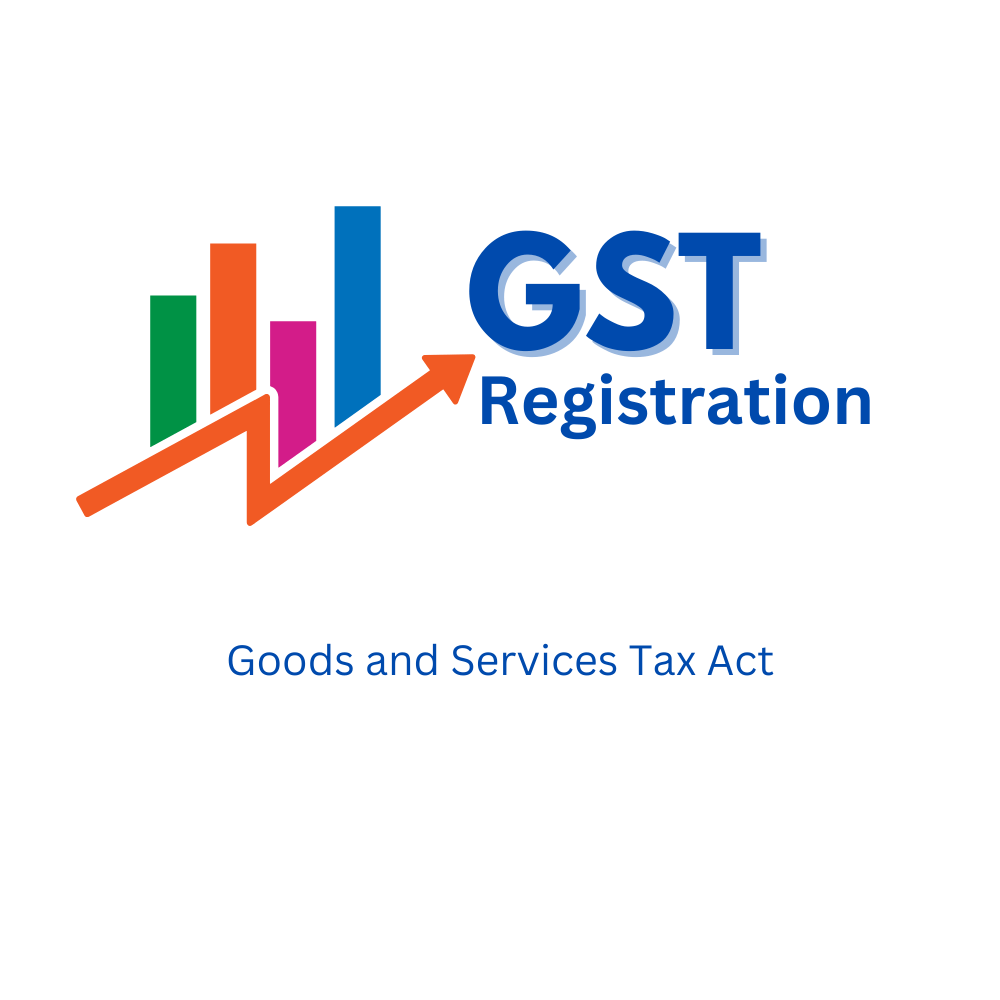Why Singapore GST Registration is Essential for Your Startup
Why Singapore GST Registration is Essential for Your Startup
Blog Article
The Ultimate Overview to Simplifying the GST Registration Refine and Needs for Small Company Owners

Recognizing GST Basics
To understand the principles of the Product and Provider Tax (GST) system, little business owners should first understand its underlying principles and effects. Under the GST regimen, organizations are called for to sign up and gather tax on behalf of the government, guaranteeing transparency and compliance.
One of the crucial concepts of GST is input tax obligation credit score, which permits businesses to declare credit score for tax obligations paid on their purchases. Understanding these basic principles is essential for little organization proprietors to browse the intricacies of the GST system and make certain conformity with the law.
Eligibility Requirements for Registration
Having established a foundational understanding of GST principles, local business proprietors must now fulfill details qualification standards to wage the enrollment procedure. In India, entities participated in the supply of products or services with an annual accumulation turn over going beyond Rs. 40 lakhs (Rs. 10 lakhs for unique group states) are called for to sign up for GST. In addition, particular businesses such as those associated with inter-state supply of items, casual taxable persons, and those needed to pay tax under the reverse cost mechanism need to sign up for GST irrespective of their turn over. Companies that were registered under the previous tax obligation regime (VAT, service tax, and so on) are likewise mandated to register under GST. Agricultural companies that only provide create out of key manufacturing are exempt from GST enrollment. It is vital for organization owners to thoroughly assess their qualification based on these requirements to guarantee conformity with the legislation and avoid any type of penalties for non-compliance.
Records Required for GST Registration

Simplified Registration Refine Steps
Complying with the collection and confirmation of the requisite papers, the registration procedure for GST can be navigated through a collection of streamlined steps made to assist in effective conformity for small company owners. The very first step entails seeing the GST website and selecting the 'New Enrollment' option. Ultimately, the applicant should fill out Part A of the GST REG-01 kind with information such as PAN, mobile number, and e-mail address to get an OTP for confirmation. Once the OTP is obtained and gone into, a Short-term Referral Number (TRN) is produced for more procedures. The following step calls for completing Component B of the form with essential company information, publishing supporting papers, and finishing the verification procedure utilizing DSC or EVC. Finally, upon effective verification, an Application Recommendation Number (ARN) is released, suggesting the conclusion of the GST registration process. By adhering to these streamlined steps, local business proprietors can properly sign up for GST and ensure compliance with tax obligation laws.
Tips for Ensuring Compliance
To maintain regulative adherence and operational honesty, persistent oversight and positive steps are critical in making sure conformity with GST demands for small service proprietors. Small business proprietors have to stay updated with GST laws, submitting deadlines, and any kind of changes in tax obligation prices click here to read to avoid fines and keep an excellent standing with tax authorities. Participating in GST awareness workshops or training programs can enhance understanding and conformity with GST policies, ultimately benefiting the organization in the lengthy run.
Final Thought
In verdict, small company proprietors have to comprehend the basics of GST, satisfy the eligibility standards, gather needed documents, and adhere to the simplified registration process steps to make certain compliance. By simplifying the GST enrollment procedure and needs, small company proprietors can stay clear of penalties and run their businesses smoothly within the legal framework - Singapore GST Registration. It is vital for tiny organization owners to stay informed and certified with GST regulations to maintain a successful business operation
Little service owners seeking GST registration need to guarantee they collect and submit the necessary records to complete the registration process effectively. The papers needed for GST registration generally consist of evidence of service enrollment or additional reading unification, FRYING PAN (Permanent Account Number) card of the service address, identification and entity proof of the promoters/partners/directors, photographs, address proof of the area of company, financial institution account statements or canceled cheques, and consent kinds. Attending GST understanding workshops or training programs can enhance understanding and compliance with GST policies, eventually profiting the business in the long run.
By streamlining the GST enrollment process and demands, tiny business owners can stay find out clear of fines and operate their businesses efficiently within the legal structure. It is vital for little company proprietors to stay educated and compliant with GST regulations to keep a successful business operation.
Report this page